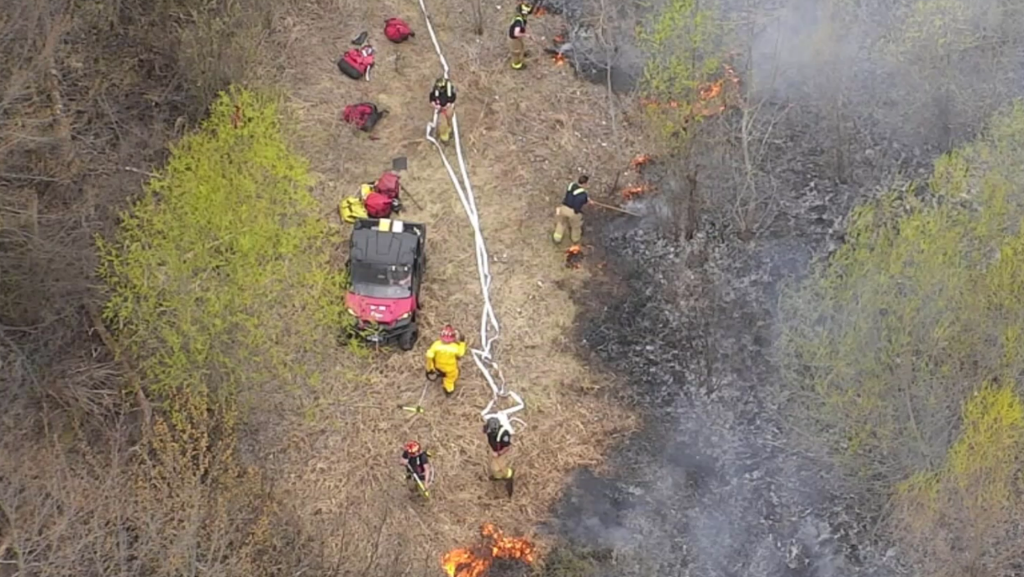Ottawa police not conducting random traffic stops under Ontario’s new stay-at-home order restrictions
Posted Apr 17, 2021 12:55:00 PM.
Following the province’s announcement of new restrictions that give power to local law enforcement to conduct random traffic stops to ask drivers their reasons for travelling, the Ottawa Police Service (OPS) assured they will not be exercising those measures.
The news came Friday in an announcement from the service. The OPS did add, however, that that check points at inter-provincial crossings are still a go.
“We are carefully reviewing these new authorities. We are very mindful of the perceptions of the broader public as well as within our more marginalized, racialized and/or Indigenous/Aboriginal/Inuit peoples,” said Chief Peter Sloly.
“The OPS will continue to use a combination of education, engagement and enforcement. We do not want these powers to impact public trust. The public’s compliance with the stay-at-home order along with their collective effort to be healthy is our biggest strength and our best chance to manage this public health emergency.”
Under the updated order, police have the authority to stop and make inquiries of individuals who are out in public spaces and not at their home address to assess if the person is in compliance with the Stay-at-Home order,
However, Sloly said the force “will be taking a deliberate and careful approach that emphasizes equity, legality, and efficacy in the application of these authorities with the specific and exclusive purpose to support public health measures.”
The inter-provincial crossings checkpoints going into Ontario and Manitoba, however, will be effective as of Monday at 12:01 a.m.
Incoming traffic from other provinces will also be restricted, with the exception of purposes such as work, healthcare services, transportation and delivery of goods and services or exercising Aboriginal or treaty rights.
“We continue to rely on it and we thank the residents of this city. We ask members of the public to follow the advice and guidelines of public health officials,” Sloly said. “All of these directives are new and we will take the time needed to analyze the requirements, to assess the full impacts on our community and to work on risk mitigation before implementation. In order to maintain public trust and support our members in their work, it is important we get this right.”
The cooperation of the residents of Ottawa has been the most important factors in the community response to the pandemic, he added.








